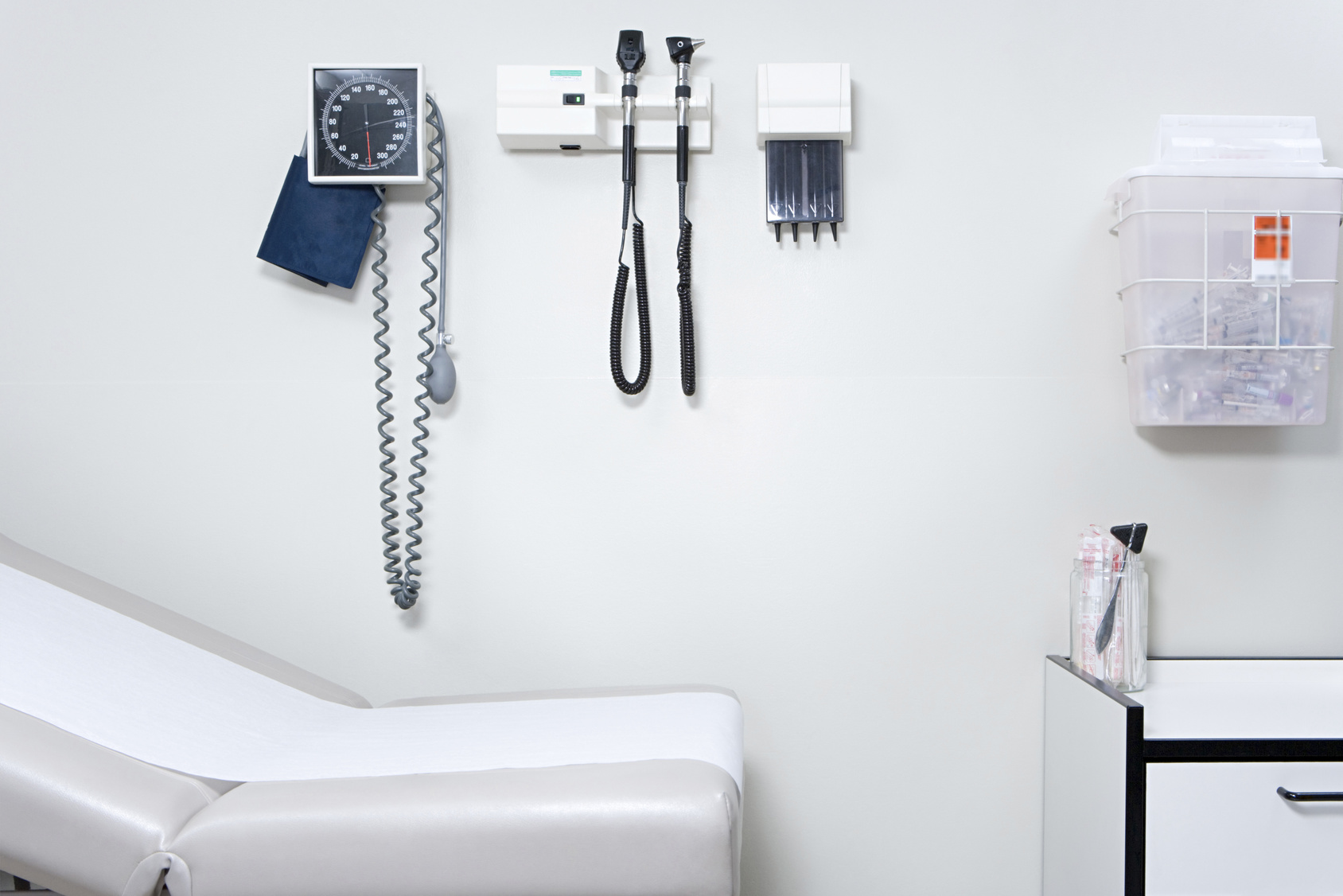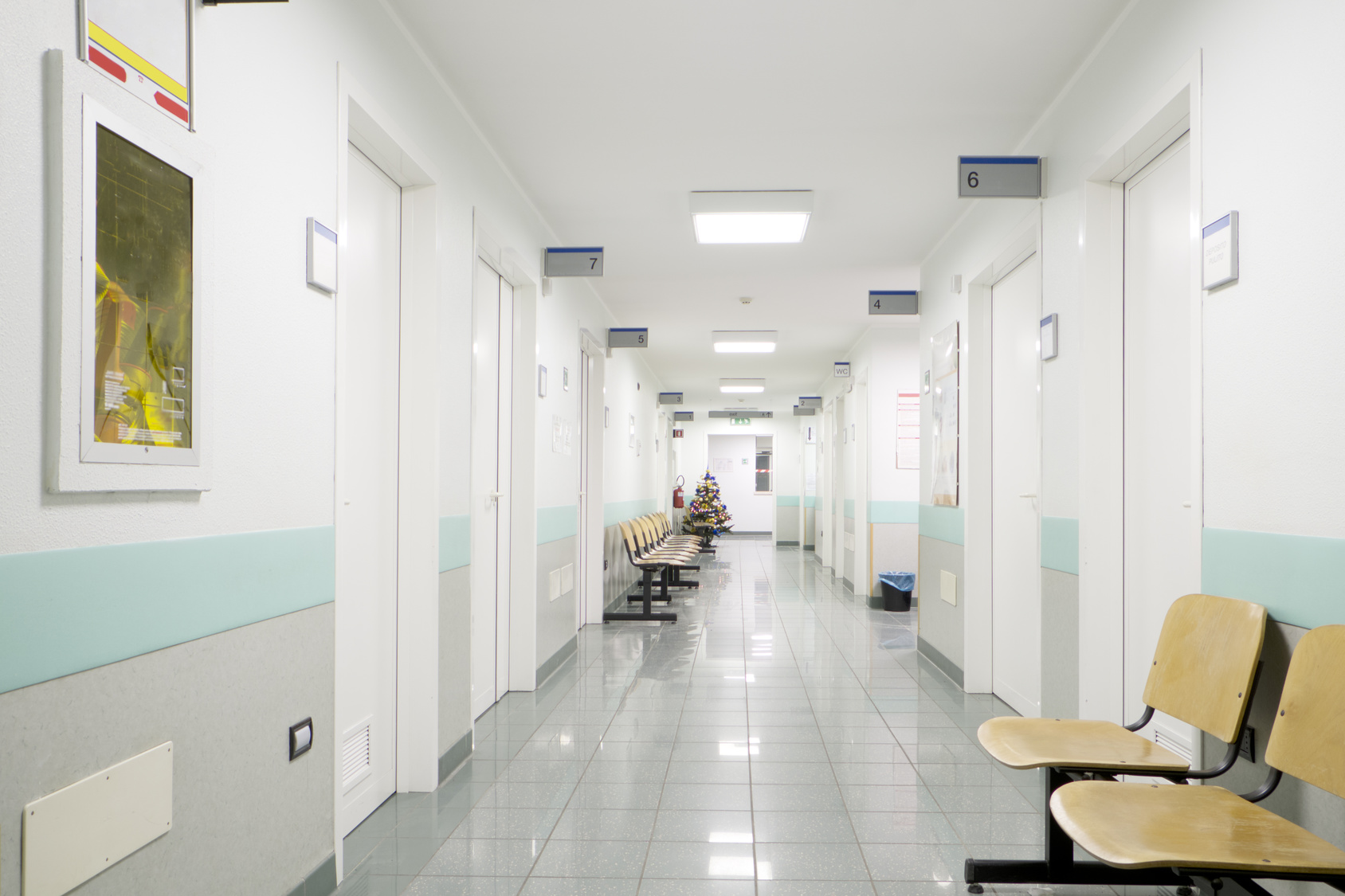by Lori Corley
My name is Lori Corley and I am recovering from physician burnout. There is a lot of discussion and education about physician burnout recently, but this was not always the case. Physician burnout is that point where you love and hate your job at the same time. You love parts of it, and you don’t want to give up the salary, but you are just not happy, like when you started out as a doctor. The major symptom is that you don’t feel the calling, you don’t want to give any more of yourself, and you think you might just “go postal” one day if things don’t change.
In my case, a lot of things contributed. I went through a divorce, my teenager came out as transgender and went through severe anxiety, which prevented school attendance, and my live-in mother-in-law died suddenly. Luckily, I had strong friendships and good support from my family. I also had a minor heart attack and returned to work part-time and still felt exhausted. In Yiddish, we call this “Tsuris,” or “Woes.”
I had been a pediatrician in private practice for over 20 years, more than 15 years in the current office. Like many of you, I had to adjust to more insurance plans with Gatekeeper requirements. I had to suffer through the transition to Electronic Medical Records with its unintended burden on patient flow and time spent on charting. Add to that the advent of ICD-10 codes always demanding more detail, even when it is not available. And then there is the insurance company’s very real threat that they won’t pay you unless you cross every “T” and dot every “I”. Don’t forget the hoops you have to jump through to meet the Meaningful Use standards so that your company will survive in these times of over-regulation.
In an office practice, I had to see enough patients to meet my productivity goals. I had to deal with patient satisfaction surveys, where getting a 9 out of 10 was not good enough. I had to chart all the items needed to justify my charges, while at the same time charting the necessary points to avoid malpractice suits. I had to make decisions about filling and refilling prescriptions, handle phone calls from patients and manage cases where several specialists were involved. I had to deal with staff squabbles and hiring and understaffing. I had to manage difficult patients (or rather, families) where they insisted an antibiotic was needed or knew just enough to question my judgement. And then there was the fact that my Nurse Practitioner and my Partner rarely saw eye-to-eye on patient or office management. I could complain all day (but I fell into a state of Learned Helplessness).
Everything was more vexing because I was being asked to do more with staff who were overtasked. The system kept changing and I was asked to adapt over and over again. I always saw myself as resilient, but I was one straw away from breaking the proverbial camel’s back. I didn’t mention before that I have anxiety and depression and have been on medications for most of my adult life. I have been very stable over the years, but all the personal and work issues had ramped up my anxiety symptoms to where they were now interfering with my concentration. I felt I would make a medical mistake soon.
There was no way I could return to full-time work at my office. So, I took medical leave for 6 months, even though my sick pay would only last for 2 months. It was a risk I had to take to avoid going to the loony-bin. And it was the best decision I ever made. After I found that disability insurance really does not cover what I had, I determined that I had to go back to work of some kind. I applied for teaching and research positions in biology or medicine, but these opportunities are rare without relocating. I looked through job sites online and submitted my resume for anything lower stress that could use my skills – medical coding, phlebotomy, hospital clerk. Besides the huge change in hourly pay, I also started thinking about how I would be wasting this knowledge I had accumulated. I finally decided that I just had to find a different job as a doctor.
I spoke to my supervisor in the medical system where I worked. We came up with a few positions I could fill as a “Float” doctor. I would fill in when office doctors were on vacation or sick, work as a newborn hospitalist for healthy newborns, and work at our system’s Pediatric After Hours Clinic, which was the same acuity as a regular office. The latter two were certainly lower stress because they did not require continuity of care. And the Locum Tenens weeks would not require me to manage the long-term problems or manage office staff issues. That would peel off several layers of tasks on my to-do list.
I have been working part-time so far. My fatigue and concentration have both improved a bit and I feel useful again. I smile and joke with the patients and staff. I am not anxious or angry or fed-up with the world anymore. I am still a little worried about 2 weeks from now when I fill in at my old office and work my longest week yet, at 32 hours. If I successfully complete the week without relapsing, I will have my doctor release me for full-time work. I still won’t take a long-term assignment in an office, though, because that will surely hurt my recovery. I will blog again to let you know about my continued recovery.
Lori Corley has been a pediatrician for over 25 years. She grew up in Miami, attended Tufts University and the University of Florida. She completed her internship and residency in Pediatrics at Virginia Commonwealth University Hospitals. She has been practicing general Pediatrics in the Atlanta suburbs since 1991. She has taught medical students from Georgia Regents University/Medical College of Georgia and Nurse Practitioner students from Georgia programs. She has 4 grown children. She enjoys playing guitar and singing Jewish choral music and has recently started painting.
Disclaimer: The viewpoint expressed in this article is the opinion of the author and is not necessarily the viewpoint of the owners or employees at Healthcare Staffing Innovations, LLC.







